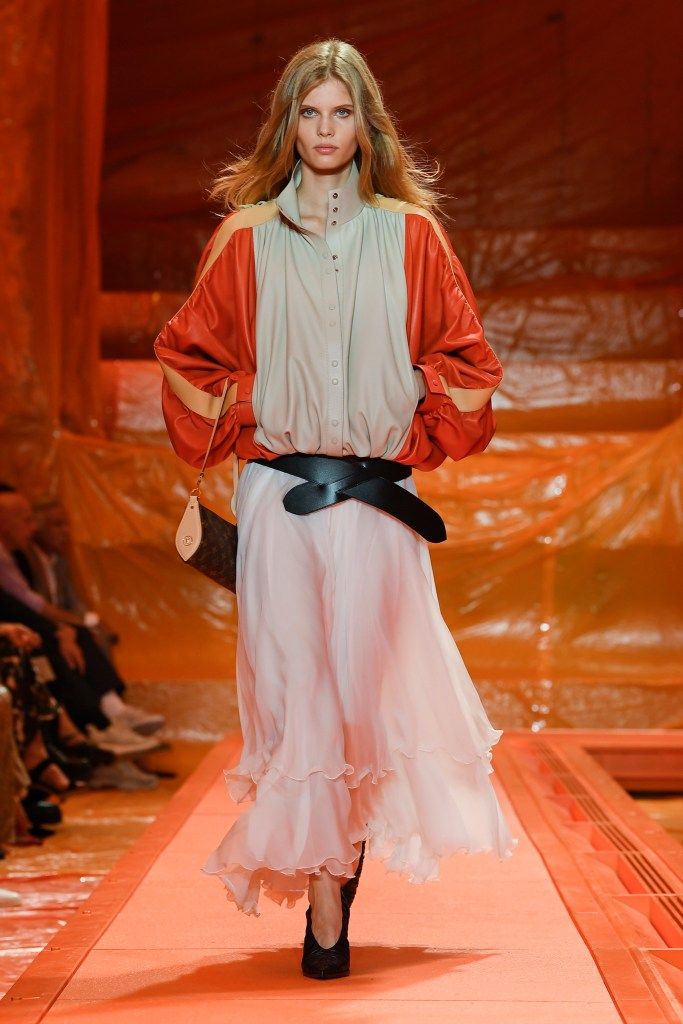
PARIS – LVMH Moët Hennessy Louis Vuitton said revenues rose 1 percent in the third quarter, reflecting a slowdown in its key fashion and leather goods division as inflation and high interest rates weigh on consumer spending.
The luxury conglomerate, which owns more than 75 brands including Louis Vuitton, Dior, Tiffany & Co. and Sephora, said group revenues in the three months to Sept. 30 totaled 19.96 billion euros, below a Bloomberg consensus estimate of 21.15 billion euros.
Stripping out the impact of currency fluctuations, third-quarter revenues at LVMH were up 9 percent year-on-year, indicating a slowdown from the second quarter, when organic revenues increased 17 percent.
The key fashion and leather goods division posted sales of 9.75 billion euros in the third quarter, up by 9 percent on a like-for-like basis versus the same period last year.
The segment’s progression was down from the 21 percent organic revenue growth recorded in the second quarter, and below a Bloomberg consensus forecast for 11.2 percent growth.
The luxury group maintained its guidance for the year ahead, although it does not provide specific targets.
“LVMH will draw on its powerful brands and the talent of its teams to further strengthen its global leadership in the luxury goods market in 2023,” LVMH said in a statement released after the Paris market close.
Organic sales of wines and spirits were down 14 percent in the third quarter, while watches and jewelry posted a 3 percent increase. Perfumes and cosmetics were up 9 percent, and selective retailing rose 26 percent.
The LVMH results come against an uncertain economic backdrop in Western economies, and a challenging macroeconomic environment in China, with negative factors including falling property prices, high levels of youth unemployment, a drop in export demand and a weakening currency.
“We believe the luxury sector is now in the deceleration phase of a luxury super cycle, which commenced in 2016 (excluding 2020-2021, which was impacted by COVID-19),” RBC Capital Markets analyst Piral Dadhania said in a recent report.
Describing the macroeconomic headwinds as the “worst in 50 years,” it said that aspirational customers were especially affected. This group accounts for 165 million out of a global luxury consumer pool of roughly 400 million people, RBC estimated.
In an Oct. 4 report, Bernstein noted that LVMH’s share price has dropped 20 percent from its peak. However, it maintained an outperform rating on the stock due to its scale and spending power.
“We believe that the sector correction has been overly done,” analyst Luca Solca said. “We prefer companies that are boosting marketing spend to sustain demand and moderating price increases to avoid post-YOLO hangover. LVMH is the epitome of these.”
Kering and Hermès International are both due to unveil their third-quarter revenues on Oct. 24.

